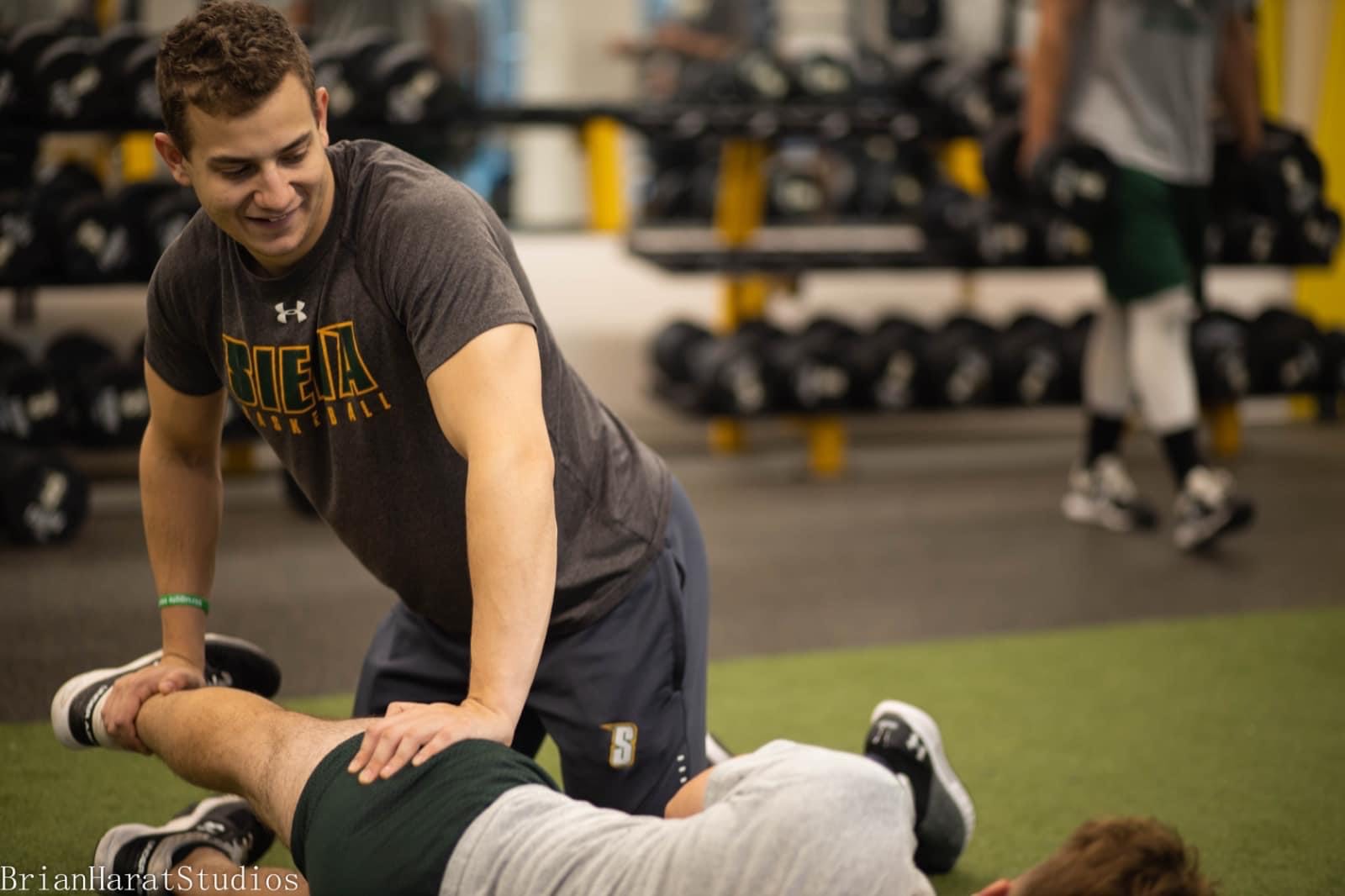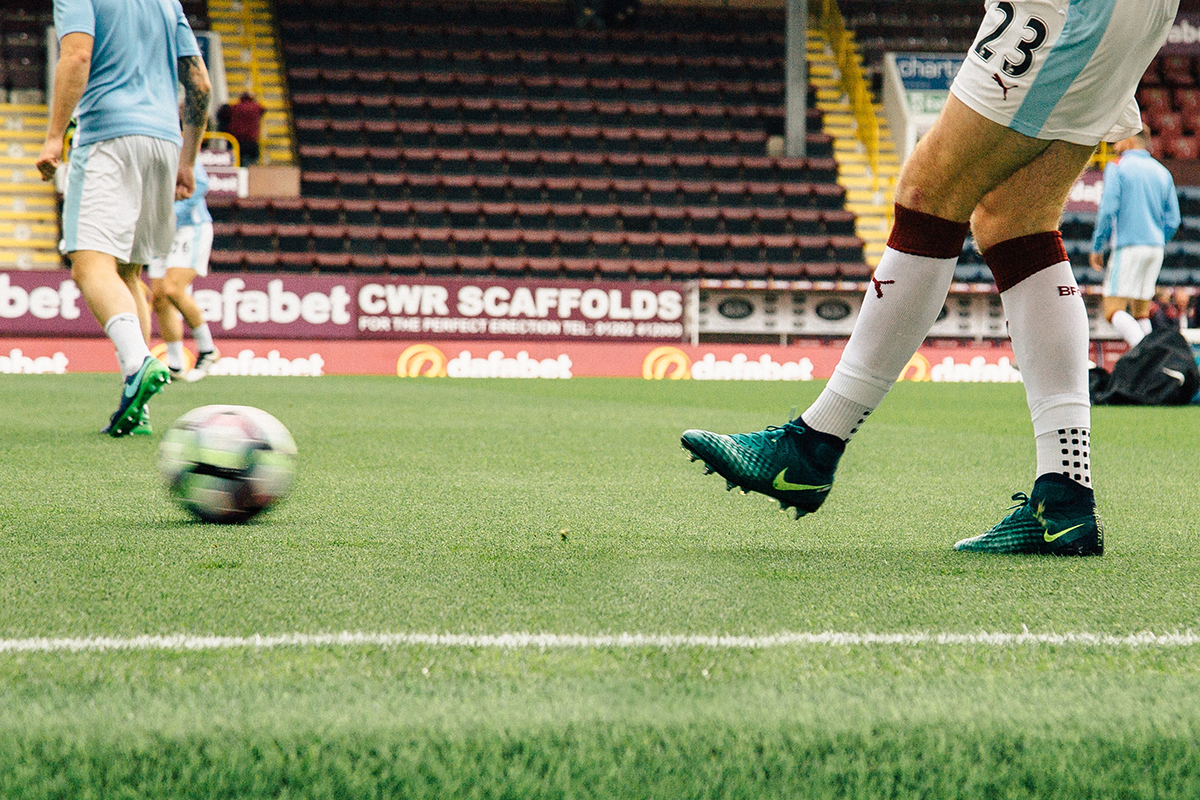How OCD Can Impact An Athlete
Obsessive compulsive disorder (OCD) is a mental health disorder characterized by uncontrollable and unwanted thoughts, images, or obsessions that trigger intense anxiety and distress. These persistent thoughts often lead to compulsive behaviors. Compulsive behaviors are repetitive actions that individuals feel driven to perform to alleviate the anxiety caused by these intrusive thoughts. The compulsions are often time consuming. They can also interfere with daily life, affecting school, work, relationships, and, for athletes, their sports performance.
OCD can manifest in various ways among athletes, exerting a significant impact on their sport performance, training, and daily lives. For athletes struggling with OCD, these repetitive actions can hinder their ability to fully concentrate on competitions or training. This can result in heightened anxiety levels, diminished performance, and, most importantly, avoidance of their passion.
Here are some ways OCD can specifically impact an athlete:
Pre-game rituals
Many athletes have pre-game rituals that help them feel more focused and prepared before a competition. However, for athletes with OCD, these rituals can become extreme and time consuming. This is due to their need for perfection and fear of negative outcomes if the ritual is not completed.
One common question we receive is: "If I wear the same pair of socks for every game, does that mean I have OCD?" The answer is: not necessarily. While it's typical for athletes to have specific rituals or routines, most find joy in doing these rituals. The key distinction with OCD is that these actions are driven by fear. Plus, they can cause significant distress if not completed. These rituals are ego-dystonic from one’s self, meaning they do not align with the person’s self or values.
Intrusive thoughts during training or competition
During competitions, athletes are under immense pressure to perform well. For athletes with OCD, this pressure can trigger intrusive thoughts and obsessions. This can cause them to lose focus and become distracted from the game.
Compulsive behaviors during training or competition
Athletes with OCD may engage in compulsive behaviors or desperately want to during training or competition. These actions can be time consuming, distracting, and may undermine an athlete's focus and performance.
Avoidance of certain situations
People with OCD often avoid situations that trigger their obsessions and anxieties. For athletes, this can mean avoiding certain competitions or training sessions if they fear they are going to be triggered.
Untreated OCD symptoms can have a profound impact on athletes. When athletes begin to avoid the activities they once enjoyed training for and competing in, it not only robs them of their passion but can also lead to depressive symptoms. This can further exacerbate the performance anxiety and negative thought patterns associated with OCD.
OCD can have a significant and far-reaching effect on all individuals. Athletes may experience challenges such as pre-game rituals, intrusive thoughts, and compulsions. These concerns can be both competition-related and unrelated. Untreated symptoms of OCD can result in avoidance and, ultimately, depression. Athletes can manage their symptoms and pursue their dreams by seeking support from a mental health professional specializing in OCD. It's important to remember that the goal is not to eliminate perfectionism or rituals. It is not about getting rid of thoughts, either. It is about learning to manage them more effectively. That way, they don't interfere with living a full and meaningful life, both on and off the field.
Remember, reaching out for assistance with OCD is not a sign of weakness. Rather, it is a crucial stride towards mental wellbeing and peak performance for athletes. So if you or someone you know is grappling with OCD, understand that seeking help is not a display of weakness, but a true display of strength.
About Kyle Glickman
Kyle Glickman is an exercise physiologist, former Division III football player, and a clinical mental health counseling graduate student at Niagara University. With his knowledge on the clinical aspects of mental health, he provides invaluable insights to inform and support collegiate and professional sports organizations with their wellness initiatives. He is a passionate advocate for reducing stigma and increasing awareness about the impact of mental illness in athletes.



